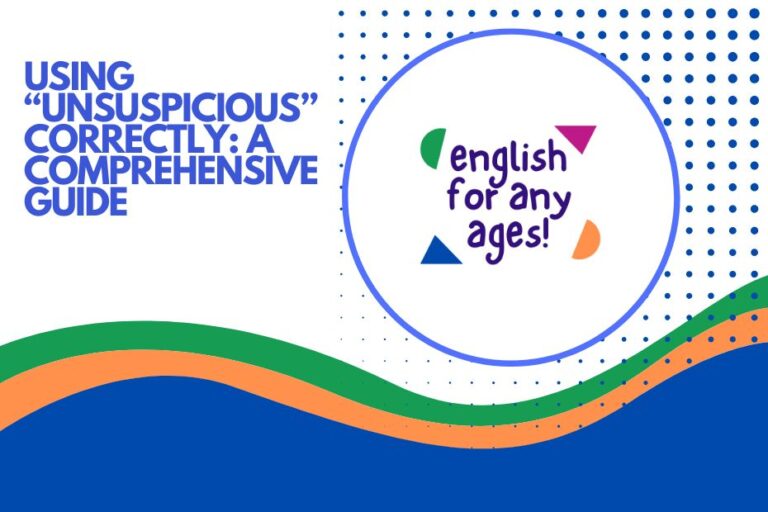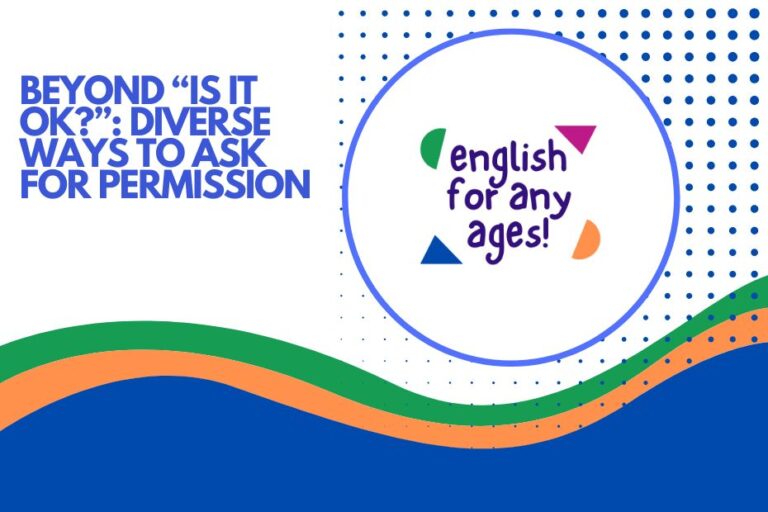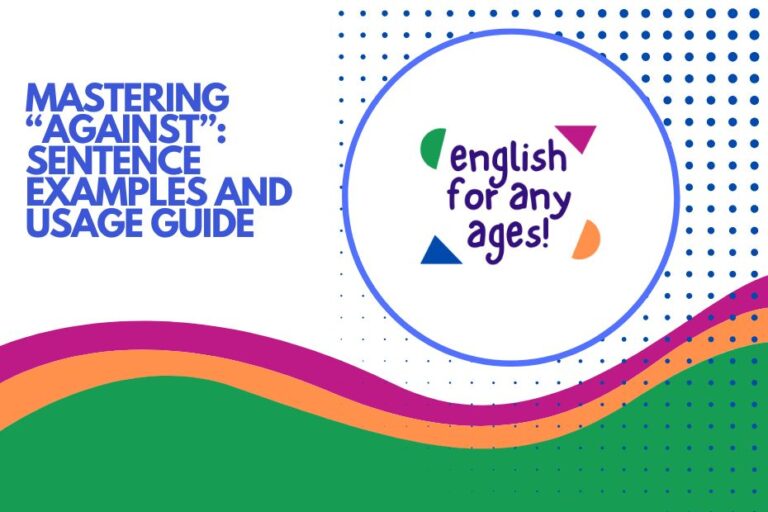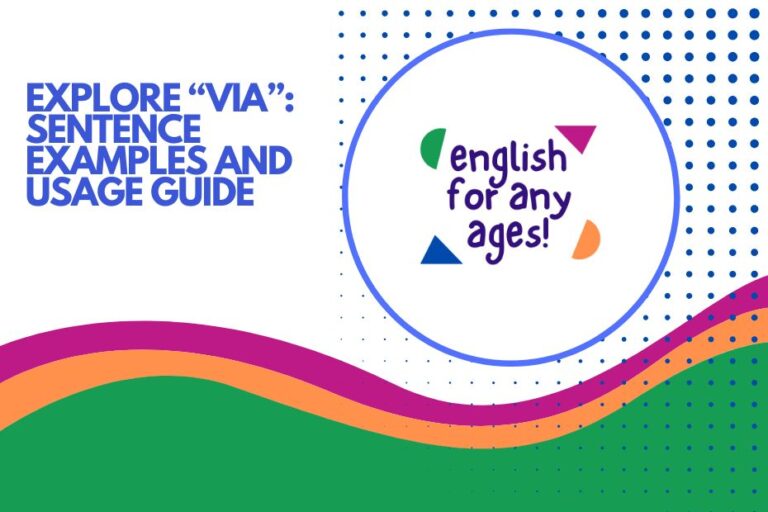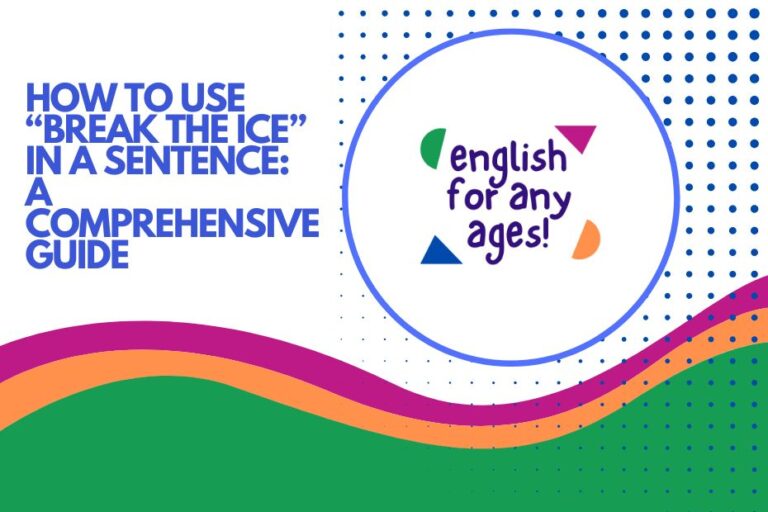Part vs. Apart: Understanding the Difference
The English language is full of words that sound similar but have vastly different meanings. “Part” and “apart” are a prime example.
These two words, differentiated by just a single letter, can significantly alter the meaning of a sentence. Mastering the distinction between “part” and “apart” is crucial for clear and effective communication, both in writing and speaking.
This article provides a comprehensive guide to understanding the nuances of these words, offering definitions, examples, usage rules, and practice exercises to help you confidently distinguish between them.
Whether you’re an English language learner striving for accuracy or a native speaker looking to refine your grammar skills, this guide will equip you with the knowledge to use “part” and “apart” correctly. By understanding their different grammatical roles and contextual applications, you’ll avoid common errors and enhance the clarity of your writing.
Table of Contents
- Definition of “Part” and “Apart”
- Structural Breakdown
- Types and Categories
- Examples of “Part” and “Apart”
- Usage Rules
- Common Mistakes
- Practice Exercises
- Advanced Topics
- FAQ
- Conclusion
Definition of “Part” and “Apart”
Understanding the core definitions of “part” and “apart” is essential for mastering their proper usage. While they share a similar spelling, their meanings and grammatical functions are distinct.
Part: “Part” can function as both a noun and a verb. As a noun, it refers to a piece or element of a whole. It can also refer to a role in a play or film. As a verb, it means to separate or divide something, or to leave someone.
Apart: “Apart” can function as both an adverb and an adjective. As an adverb, it means separated by a distance, either physically or figuratively. As an adjective, it describes something that is distinct or different from others.
Structural Breakdown
The difference between “part” and “apart” lies not only in their meaning but also in their grammatical structure. “Part” is a more versatile word, functioning as both a noun and a verb.
“Apart,” on the other hand, functions primarily as an adverb and less commonly as an adjective. The addition of the prefix “a-” to “part” to form “apart” fundamentally alters the word’s meaning and grammatical role.
The structure of “part” allows it to be used in a wider range of sentence constructions. For example, you can say “a part of the whole,” where “part” is a noun, or “part ways,” where “part” is a verb.
“Apart,” however, typically modifies a verb or describes a state of being separate, as in “stand apart” or “miles apart.”
Types and Categories
To fully grasp the distinction between “part” and “apart,” it’s helpful to examine their different grammatical roles. This section will break down the various types and categories of each word, providing clarity and context.
“Part” as a Noun
As a noun, “part” signifies a piece, component, or element of something larger. It can refer to physical objects, abstract concepts, or even roles in a performance.
“Part” as a Verb
As a verb, “part” means to separate, divide, or leave. It can describe the action of physically separating objects, ending a relationship, or departing from a location.
“Apart” as an Adverb
As an adverb, “apart” indicates separation in space or time. It often describes the distance between two or more things or people, or the state of being separated.
“Apart” as an Adjective
As an adjective, “apart” describes something that is distinct, unique, or different from others. It emphasizes the quality of being separate or exceptional.
Examples of “Part” and “Apart”
Understanding the different uses of “part” and “apart” requires seeing them in action. The following examples illustrate the various ways these words can be used in sentences, categorized by their grammatical function.
“Part” as a Noun Examples
The table below showcases examples of “part” used as a noun in different contexts. Note how “part” refers to a component, piece, or role within a larger entity.
| Sentence | Explanation |
|---|---|
| The engine part was damaged. | “Part” refers to a component of the engine. |
| She played the part of Juliet in the play. | “Part” refers to a role in a theatrical production. |
| A large part of the population supports the new law. | “Part” refers to a segment of the population. |
| He only heard part of the conversation. | “Part” refers to a portion of the conversation. |
| What part of town do you live in? | “Part” refers to a specific area within the town. |
| Each part of the machine needs to be cleaned. | “Part” refers to individual components of the machine. |
| She took part in the competition. | “Part” refers to involvement or participation. |
| He had a part in the success of the project. | “Part” refers to a contribution to the project’s success. |
| The script was divided into several parts. | “Parts” refers to sections of the script. |
| She keeps a spare part for her car. | “Part” refers to a replacement component. |
| He is an integral part of the team. | “Part” refers to an essential member. |
| What part of the book did you enjoy the most? | “Part” refers to a section of the book. |
| She has a small part in the movie. | “Part” refers to a minor role in the film. |
| The missing part was eventually found. | “Part” refers to a lost component. |
| He played his part admirably. | “Part” refers to his role or responsibility. |
| The first part of the meeting was very productive. | “Part” refers to a segment of the meeting. |
| What part of the process is the most difficult? | “Part” refers to a stage or step in the process. |
| She plays the part of the villain. | “Part” refers to a role or character. |
| He played a significant part in the negotiations. | “Part” refers to a crucial role. |
| This part of the argument is weak. | “Part” refers to a section or point. |
| She has a different part in mind. | “Part” refers to a role or position. |
| He wants to play a bigger part in the decision-making. | “Part” refers to a more significant role. |
| This part of the city is very lively. | “Part” refers to a section of the city. |
“Part” as a Verb Examples
The following table provides examples of “part” used as a verb, demonstrating its meaning of separating, dividing, or leaving.
| Sentence | Explanation |
|---|---|
| The Red Sea parts Africa from Asia. | “Parts” means separates. |
| They parted ways after the argument. | “Parted” means separated or ended their relationship. |
| The crowd parted to let the ambulance through. | “Parted” means separated or moved aside. |
| She parted her hair down the middle. | “Parted” means divided her hair. |
| We had to part with our old car. | “Part” means to give up or sell. |
| The friends parted at the airport. | “Parted” means separated or said goodbye. |
| The curtains parted to reveal the stage. | “Parted” means opened or separated. |
| The sea parted, allowing them to cross. | “Parted” means divided or separated. |
| He parted from his family for a year. | “Parted” means separated or left. |
| The company parted with several employees. | “Parted” means terminated their employment. |
| They parted reluctantly after a long visit. | “Parted” means separated or said goodbye. |
| The river parts into two streams. | “Parts” means divides or branches. |
| She parted the bushes to see what was behind them. | “Parted” means moved aside or separated. |
| They parted company after the project was finished. | “Parted” means ended their collaboration. |
| The clouds parted, and the sun shone through. | “Parted” means separated or cleared. |
| He parted with a large sum of money. | “Parted” means gave away or spent. |
| The lovers parted at dawn. | “Parted” means separated or said goodbye. |
| She had to part with her favorite dress. | “Part” means to give up or sell. |
| We parted on good terms. | “Parted” means ended the relationship amicably. |
| The branches parted in the wind. | “Parted” means separated or moved aside. |
“Apart” as an Adverb Examples
This table illustrates the use of “apart” as an adverb, indicating separation in space or time.
| Sentence | Explanation |
|---|---|
| The two houses stood far apart. | “Apart” indicates distance. |
| They lived miles apart. | “Apart” indicates a significant distance. |
| Set the chairs apart from each other. | “Apart” indicates separation or distance. |
| She stood apart from the crowd. | “Apart” indicates being separate or distinct. |
| The brothers have been living apart for years. | “Apart” indicates separation in living arrangements. |
| The building was torn apart by the explosion. | “Apart” indicates disintegration or destruction. |
| They took the machine apart to repair it. | “Apart” indicates disassembly or separation of components. |
| The band fell apart after their tour. | “Apart” indicates disintegration or dissolution. |
| Jokes aside, let’s get down to business. | “Aside” (similar to apart in this context) indicates setting something aside or separate. |
| The two events are weeks apart. | “Apart” indicates a time interval. |
| He keeps his personal life and professional life apart. | “Apart” indicates separation of different aspects of life. |
| They drifted apart over time. | “Apart” indicates a gradual separation. |
| The friends grew apart after college. | “Apart” indicates emotional or social separation. |
| He set the good apples apart from the bad ones. | “Apart” indicates segregation or separation. |
| The two cars crashed and were ripped apart. | “Apart” indicates violent separation or destruction. |
| The old house was falling apart. | “Apart” indicates disintegration or decay. |
| The team worked hard to keep the project from falling apart. | “Apart” indicates failure or collapse. |
| The countries are geographically far apart. | “Apart” indicates a large physical distance. |
| Their opinions are worlds apart. | “Apart” indicates a vast difference in viewpoints. |
| The twins were raised apart. | “Apart” indicates separate upbringing. |
“Apart” as an Adjective Examples
The following table provides examples of “apart” used as an adjective, emphasizing distinctness or uniqueness. Note that this usage is less common.
| Sentence | Explanation |
|---|---|
| She is a world apart from her sister. | “Apart” indicates a significant difference in personality or lifestyle. |
| His talent sets him apart from other musicians. | “Apart” indicates being distinct or exceptional. |
| The island feels like a place apart. | “Apart” indicates a unique and secluded location. |
| She felt apart from her classmates. | “Apart” indicates a sense of isolation or difference. |
| This vacation home is a world apart from the city. | “Apart” indicates a significant difference in environment. |
| The experience was a world apart from anything he had known. | “Apart” indicates an extreme difference. |
| He lives in a world apart from reality. | “Apart” indicates detachment from everyday life. |
Idiomatic Expressions with “Part” and “Apart”
English is rich with idioms, and both “part” and “apart” feature in several common expressions. Understanding these idioms can further enhance your grasp of their usage.
| Idiom | Meaning | Example |
|---|---|---|
| Part and parcel | An essential or integral component. | Stress is part and parcel of being a doctor. |
| Take apart | Disassemble something. | He took the engine apart to see what was wrong. |
| Tear apart | To destroy or criticize severely. | The critics tore apart the new movie. |
| Fall apart | To disintegrate or fail. | The old building is falling apart. |
| A part of me | A feeling or belief held strongly. | A part of me wants to travel the world. |
| Set apart | To distinguish or make different. | Her unique style sets her apart from other designers. |
Usage Rules
To ensure accurate usage of “part” and “apart,” it’s important to follow specific rules. These rules govern their grammatical function and contextual application.
Rules for Using “Part”
- As a noun: Use “part” to refer to a component, piece, or element of a whole.
- As a verb: Use “part” to describe the act of separating, dividing, or leaving.
- Remember that “part” can be both countable and uncountable depending on the context. For example, “parts of a car” (countable) versus “a part of my heart” (uncountable).
Rules for Using “Apart”
- As an adverb: Use “apart” to indicate separation in space or time.
- As an adjective: Use “apart” to describe something that is distinct, unique, or different. This usage is less common.
- “Apart” is often used with verbs like “stand,” “live,” “set,” and “fall” to indicate a state of separation or distinction.
Common Mistakes
One of the most common mistakes is using “apart” when “a part” is needed. “A part” signifies a portion or element of something, while “apart” indicates separation.
Another frequent error is confusing the adverbial and adjectival uses of “apart.”
| Incorrect | Correct | Explanation |
|---|---|---|
| He is apart of the team. | He is a part of the team. | “A part” indicates he is a member. |
| The houses are a part. | The houses are apart. | “Apart” indicates the houses are separated. |
| She felt a part from her friends. | She felt apart from her friends. | “Apart” indicates she felt isolated. |
| He took a part the machine. | He took apart the machine. | “Apart” is part of the phrasal verb “take apart.” |
Practice Exercises
Test your understanding of “part” and “apart” with these practice exercises. Each exercise focuses on different aspects of their usage.
Exercise 1: Fill in the Blanks
Fill in the blanks with either “part” or “apart.”
| Question | Answer |
|---|---|
| 1. He played a crucial _____ in the project’s success. | part |
| 2. The two cities are located miles _____. | apart |
| 3. She wanted to be _____ of the solution, not the problem. | part |
| 4. The old house was falling _____. | apart |
| 5. He had to _____ with his favorite book. | part |
| 6. She felt _____ from the rest of the group. | apart |
| 7. What _____ of the movie did you like best? | part |
| 8. The twins were raised _____. | apart |
| 9. He took the computer _____ to see what was wrong. | apart |
| 10. Honesty is an important _____ of any relationship. | part |
Exercise 2: Error Correction
Identify and correct the errors in the following sentences.
| Incorrect Sentence | Correct Sentence |
|---|---|
| 1. She is apart of the team. | She is a part of the team. |
| 2. The two houses are a part. | The two houses are apart. |
| 3. He took a part the engine. | He took apart the engine. |
| 4. They live a part from each other. | They live apart from each other. |
| 5. A part from the cost, it’s a great deal. | Apart from the cost, it’s a great deal. |
| 6. He felt a part from his family. | He felt apart from his family. |
| 7. She wanted to be a part, not apart. | She wanted to be a part, not apart. (Correct as is) |
| 8. The building was tore apart. | The building was torn apart. |
| 9. How many parts is the book divided in to? | How many parts is the book divided into? |
| 10. He is an important apart of the organization. | He is an important part of the organization. |
Exercise 3: Sentence Construction
Create sentences using “part” and “apart” based on the given prompts.
| Prompt | Example Sentence |
|---|---|
| 1. Use “part” as a noun to describe a component of a machine. | The broken part of the machine needs to be replaced. |
| 2. Use “apart” as an adverb to describe the distance between two cities. | The two cities are hundreds of miles apart. |
| 3. Use “part” as a verb to describe the act of separating. | The crowd parted to let the performers through. |
| 4. Use “apart” as an adjective to describe something unique. | Her unique style sets her apart from other artists. |
| 5. Use “part” as a noun to describe a role in a play. | He played the part of Hamlet. |
| 6. Use “apart” as an adverb to describe living arrangements. | They have been living apart since last year. |
| 7. Use “part” as a verb to describe ending a relationship. | They decided to part ways amicably. |
| 8. Use “apart” as an adjective to describe a feeling of isolation. | She felt apart from her colleagues. |
| 9. Use “part” as a noun to describe a section of a book. | The first part of the book was the most interesting. |
| 10. Use “apart” as an adverb to describe setting things aside. | Jokes apart, we need to focus on the task. |
Advanced Topics
For advanced learners, exploring the nuances and subtle uses of “part” and “apart” can further refine their understanding. This includes analyzing their usage in complex sentence structures, idiomatic expressions, and literary contexts.
Additionally, examining the historical evolution of these words can provide deeper insights into their current usage.
Consider exploring how “part” and “apart” are used in different dialects of English, as subtle variations may exist. Furthermore, analyzing their translation equivalents in other languages can offer a comparative perspective on their semantic range.
FAQ
Here are some frequently asked questions about the difference between “part” and “apart.”
- What is the main difference between “part” and “apart”?
The main difference lies in their meaning and grammatical function. “Part” refers to a piece or component of a whole, or the act of separating. “Apart” indicates separation in space or time, or a state of being distinct.
- When should I use “a part” instead of “apart”?
Use “a part” when you mean a portion or element of something. For example, “He is a part of the team.” Use “apart” when you mean separated or at a distance. For example, “The houses are far apart.”
- Can “apart” be used as a verb?
No, “apart” is primarily used as an adverb and sometimes as an adjective. It cannot function as a verb.
- Is it correct to say “apart of”?
No, “apart of” is incorrect. The correct phrase is “a part of,” which means a component or element of something.
- How can I remember the difference between “part” and “apart”?
Think of “part” as a piece of something, like a “part” of a pie. Think of “apart” as being “a-way,” indicating distance or separation.
- Are there any idioms that use “part” or “apart”?
Yes, there are several idioms. For example, “part and parcel” means an essential component, and “fall apart” means to disintegrate or fail.
- What is the difference between “aside” and “apart”?
“Aside” and “apart” can sometimes be used interchangeably, but “aside” often implies a temporary setting aside, while “apart” implies a more permanent separation. For example, “Jokes aside, let’s get to work” versus “They live miles apart.”
- Can “apart” describe feelings?
Yes, “apart” can describe a feeling of being separate or isolated. For example, “She felt apart from her classmates.”
Conclusion
Mastering the distinction between “part” and “apart” is crucial for clear and effective communication in English. While their similar spelling can lead to confusion, understanding their different grammatical roles and contextual applications will enable you to use them correctly.
Remember that “part” functions as both a noun and a verb, referring to a component or the act of separating, while “apart” primarily functions as an adverb and occasionally as an adjective, indicating separation or distinctness.
By reviewing the definitions, examples, usage rules, and practice exercises provided in this guide, you can confidently distinguish between these words and avoid common errors. Continued practice and attention to detail will further solidify your understanding, enhancing your overall command of the English language.
Don’t be afraid to consult this guide whenever you encounter these words, and remember that consistent effort will eventually lead to mastery.


